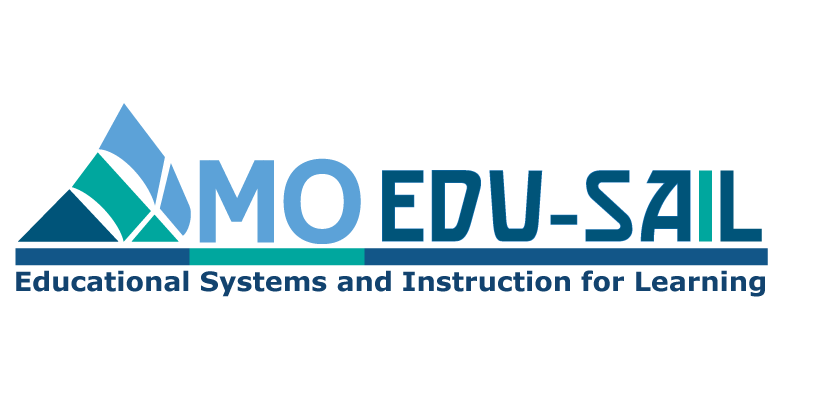IMPORTANCE OF METACOGNITION
Research shows metacognition (sometimes referred to as self-regulation) increases student motivation because students feel more in control of their own learning. Students who learn metacognitive strategies are more aware of their own thinking and more likely to be active learners who learn more deeply. In addition to these benefits, Marsha Lovett identified the following advantages of metacognition:
- Changes the fixed versus growth mindset about students’ ability to learn.
- Increased student ownership of learning and students taking control over their own learning.
- More positive attitudes in relation to school and learning.
- Improved performance not only academic but also in relation to behavioral performance.
Watch the John Spencer metacognition video. According to Spencer, why is metacognition important for learning?
Making the Connection
Metacognition is connected to other effective teaching/learning practices.
Assessment Capable Learners
Metacognition is considered to be a key component of assessment for learning and assessment capable learners.
“The ‘learning’ aim of any set of lessons is to get students to learn the skills of teaching themselves the content and understanding – that is, to self-regulate their learning. This requires helping students to develop multiple strategies of learning, and to realize why they need to invest in deliberate practice and concentration on the learning.”
Hattie
Feedback
When feedback is focused on helping students self-regulate, it is helping the students become assessment capable learners.
“Feedback to the student can be focused at the self-regulation level. […] Such feedback can have major influences on self-efficacy, self-regulatory proficiencies, and self-beliefs about the student as learners.”
Hattie
OVERVIEW OF METACOGNITION
The quotes below give different perspectives on the meaning of metacognition from five different people (Hattie, McElwee, Nokes and Dole, and Costa). Before reviewing them, write down 3-5 words or phrases that come to mind when you think of the term metacognition. As you read, think about what changes you would make to your list based on the perspectives identified. Keep in mind that Hattie sometimes refers to metacognition as self-regulation.
Metacognition (also called reflection) can occur before, during, and after instruction.

